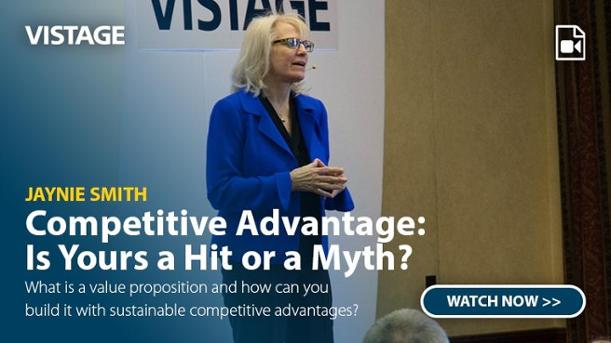
1. Optimise your mobile teams
Properly equipped and trained mobile workforces can be fully integrated with business processes, utilised effectively all the time, and working efficiently wherever they are. Your business systems should enable them to handle issues and queries on the spot rather than relying on follow-up processes run back at the office. As a result, your customers get better and faster service which means your offer is no longer just about price.
Managers and professional fee-earners can review or approve documents between off-site meetings, collaborate with colleagues whenever and wherever they are to improve their efficiency and reduce frustrations. If mobile workforces are able to properly work when remote, then expensive office space and overheads can be reduced and the business can be more flexible and agile.
- Have you really invested in good quality mobile & remote access technology and got it working well?
- Are processes designed so remote workers can genuinely get things done on the spot?
- Are managers trained and equipped to work away from their desks and do they set the example?
2. Get smart about prospects and clients
Ensure your marketing team have a detailed database of your market to support their campaigning. Use tools to analyse sales data to understand cost per acquisition and profitability by channel, product, client etc.
Integrate and rationalise all customer data so that sales, operations and finance systems and reports are consistent and accurate.
Create dashboards for managers throughout the business so you can delegate authority to them and scale up. Directors can spend less time managing and people on the ground can use their initiative to direct time and resources to where it’s worthwhile, and to respond to sales opportunities and client situations intelligently.
- Do you have a proper CRM system, that is genuinely well-used and kept up to date?
- Do you incentivise staff for accurately using systems and maintaining data (for example, do sales staff get their bonus even if they don’t bother with the systems!)?
- Have you designed out process and system issues or are their “fault lines” between your departments?
- Do you really understand what information managers need to make good decisions?
3. Quicker, cheaper, better
Consumer expectations have been reset by online retailers who offer next day delivery and slick services directly from simple apps. All year mark-downs are the norm. Traditional high street buying cycles are ever more unpredictable and discount-driven.
Many businesses are entrenched in ways of working based on accidents of history and complicated by the limitations of their systems. Modern IT allows clients to radically re-engineer their business to significantly cut cost and time; to reduce cash tied up in stock; to closely integrate with their suppliers or partners; to offer personalised services to their clients; and to create new routes to consumers.
- When was the last time you took the same journey your prospects and customers do?
- Do you honestly compare yourself with the best in your market?
- Does your ecommerce solutions need a complete overhaul?
- Great technicians rarely create great user experiences – do you really put the necessary resources into giving your customers an outstanding online experience?
4. Create digital opportunities
Companies with effective supply operations, strong brands, loyal customers have great opportunities to expand through ecommerce. Other traditionally offline activities, from coaching to consulting; from training to travel planning, are now provided online or in blended online and offline services. Younger consumers expect products and services they can consume on their mobiles and don’t have established loyalties to other providers.
Disrupt your market by offering your products and services online before another company decides to do this!
- Do you understand how your market is changing; how younger demographics will expect you to work; and what new competitors are doing?
- Have you really looked at how you work with your partners and suppliers, and how you supply your customers to see how you can “go digital”?
- Where you are digital, do you work on all devices, and is the “buying experience” clear, easy and simple?
5. Monetise Intellectual Property and data
Many companies, especially in professional services, have processes, data or ways of working that are valuable. If these can be manifested as software then there are new opportunities to scale, to create new revenues, to deepen connections with clients, and create new barriers for competitors. Companies that have gathered momentum can apply innovative AI software to reduce costs or find entirely new opportunities.
The value of any business with scalable, IP-based revenues is significantly enhanced as they are no longer “just people businesses”. Are there aspects of your business that could be turned into online services to supplement your existing offering, make you stand out in the market, or create entirely new revenue streams?
- Have you identified the things you do that are special and whether you could make this valuable by turning it into software?
- Review your data and ask: How could my customers benefit from this data? Would they pay for it?
- Get an understanding of what Artificial Intelligence could mean for your business, particularly if you’re in Professional Serices.
Original article written by Sally Rainbow-Ockwell, Regional Director at Freeman Clarke, UK’s largest and most experienced team of part-time (we call it “fractional”) IT directors, CIOs and CTOs. We work exclusively with SME and mid-market organisations and we frequently help our clients use IT to beat their competition. Contact Us for an informal conversation.
More from Vistage:
Our gift to you...
Apply now for your personal leadership consultation with a Vistage Chair. They'll help you assess areas of strength of your business and identify areas of potential growth.

